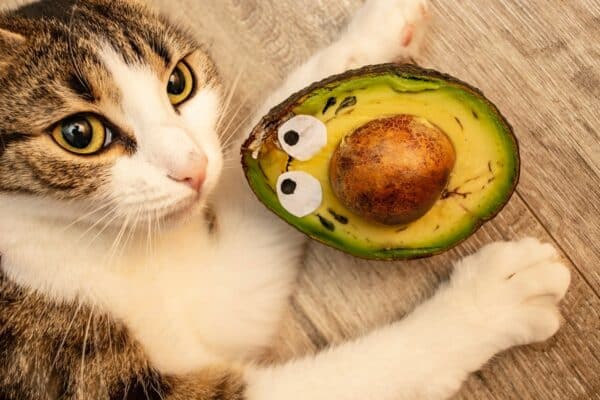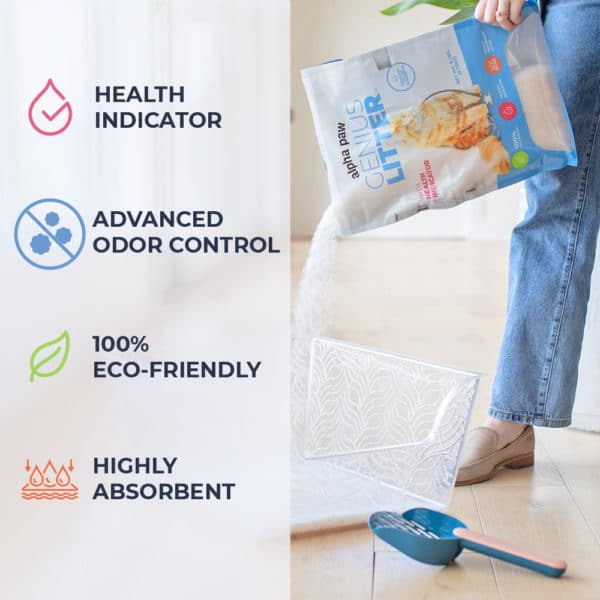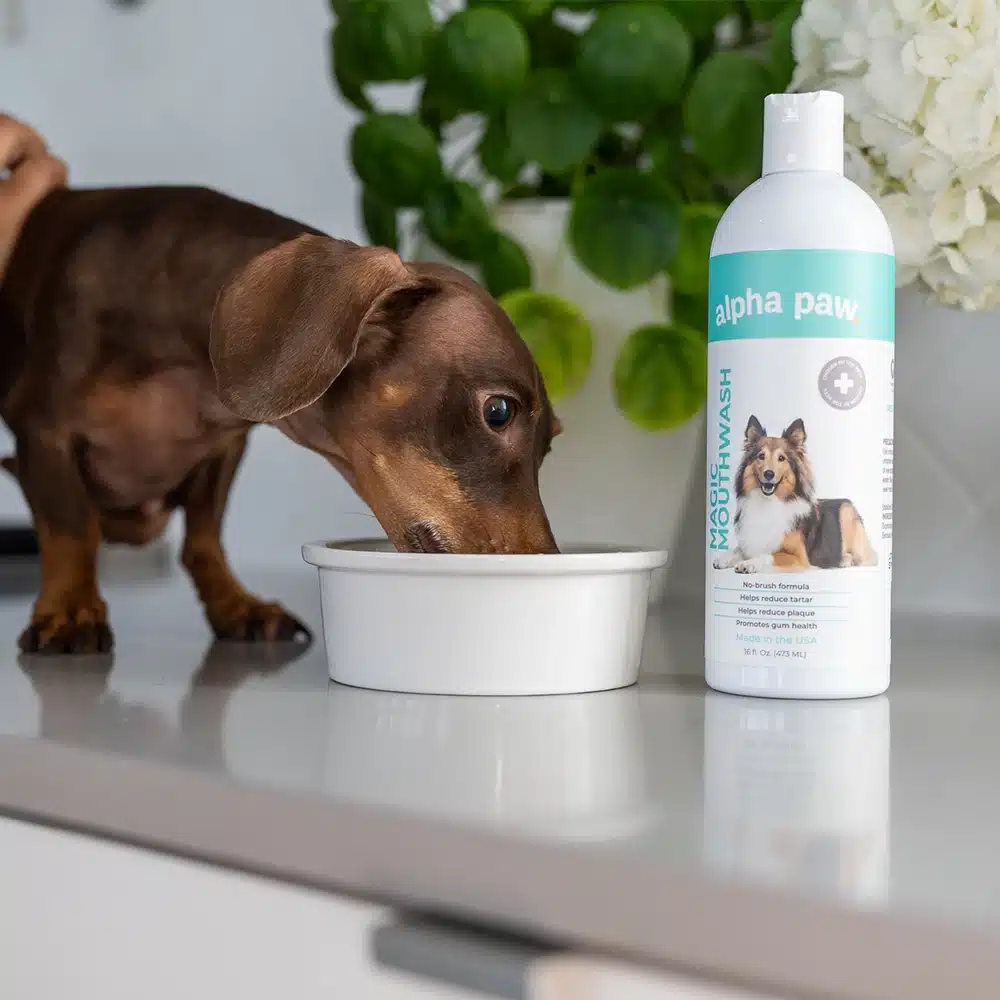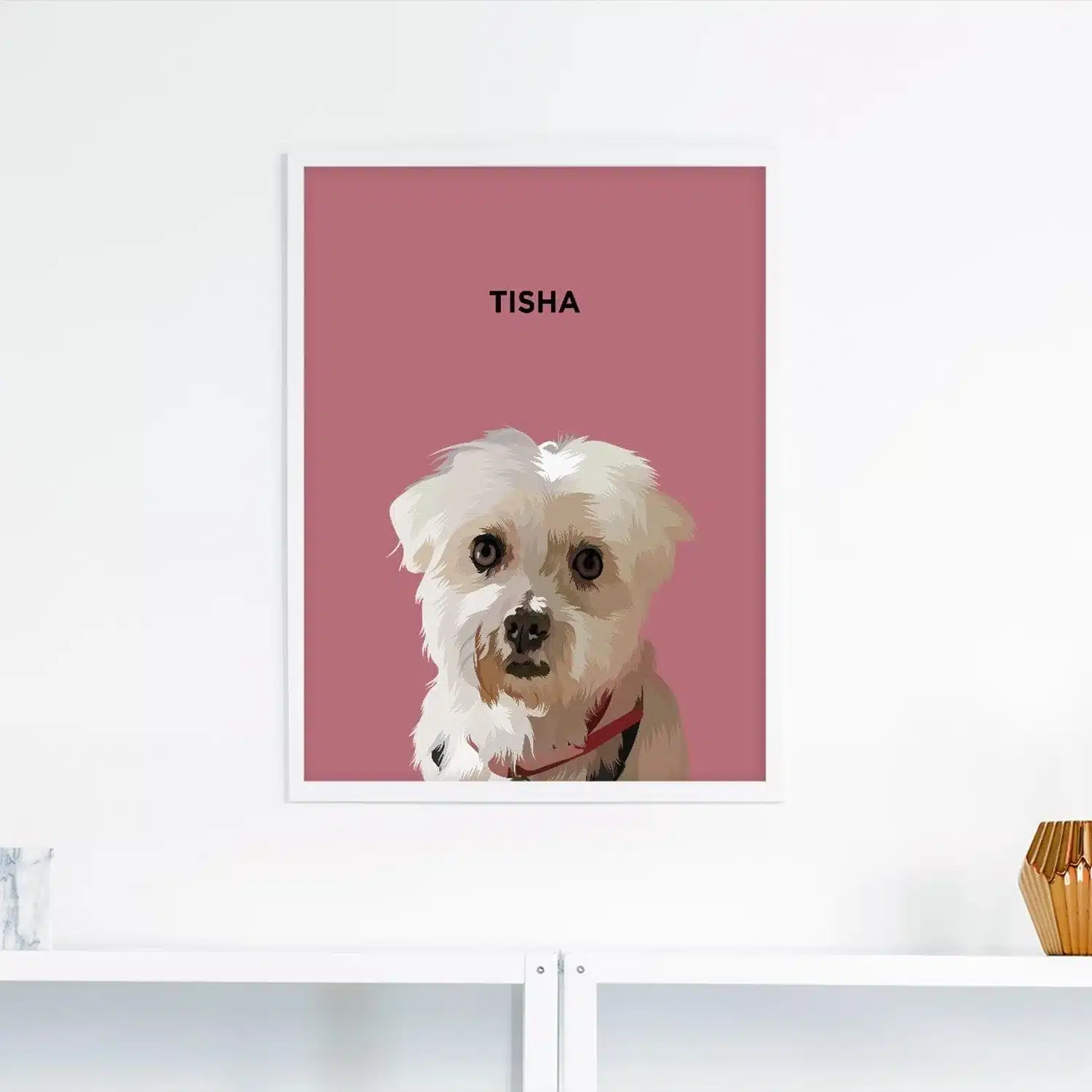When it comes to felines and fruits, can cats eat avocado? Cats eating avocado sounds like a contradiction, but let’s look at the facts and clear up this feline fruit debate.
Cats are obligate carnivores, which means that they need meat and water to survive, so is avocado good for cats to eat?
It’s actually quite complicated because there are many variables that you need to consider before answering that question.
Luckily, this article will help you to decide if your feline friend should be allowed to eat avocado and why that choice might be good or bad for his/her health.
Let’s dive right in!
Can Cats Eat Avocados?
Yes, it is possible for your cat to eat avocados in very small amounts, but it is not recommended to feed them. The reason is that avocados are different from other fruits because of the properties that come with them.
If your cat eats too much avocado at once, it can be poisonous for them and may result in vomiting and diarrhea. Nevertheless, if your veterinarian says avocados are safe for your cat, he/she can eat them under your supervision.
Is There Any Part of an Avocado That Cats Should Not Eat?
Avocados are a delicious addition to any meal, but there are some risks associated with them as well. According to feline dietary experts, avocado flesh is the only part of the fruit that can be eaten by cats in very small amounts.
The leaves, skin, and pits of avocados are all poisonous for our feline friends, so be sure not to feed your cat these parts at all.
Even avocado skin and pits can pose choking hazards to cats, so it’s important to make sure your kitty doesn’t bite into any of these parts either!
Cats have a delicate digestive system which means they can’t tolerate anything with harmful content in it, so the leaves of avocados are the most toxic part of the fruit for them.
If your kitty does eat any avocado skins or pits or bites into any leaves then seek veterinary attention immediately.
What Made Avocados Bad for Cats?
The culprit behind avocados being bad for cats is a toxin called persin. While this toxin is not harmful to humans, it is toxic for cats and can have dangerous health effects.
The majority of persin is found in the leaves, skin, and pit of the fruit, and traces are found in the flesh as well.
Another reason why avocado is bad for cats is that it contains high levels of fat which is not good for their health.
What is a Safe Amount of Avocado for Cats?
Cats are more sensitive to the toxin in avocados than other animals because their livers are less efficient at breaking them down. Ingesting too much can result in a wide variety of symptoms including vomiting, lethargy, and diarrhea.
The amount of avocado that can be given without risking your cat’s health varies depending on its weight, health, and metabolism.
It is recommended to limit your pet’s avocado intake to no more than one tablespoon (about 10-15 grams) per day and only offer it occasionally.
After giving avocados to your pet, monitor their health closely for any signs of distress or illness.
What is the Best Way to Feed Avocado to Cats?
To ensure that your cat enjoys his or her avocado without becoming sick or overindulging, follow these simple feeding tips:
- Wash the avocados thoroughly.
- Peel them properly and remove the pits.
- Cut the flesh into small pieces.
- You can either feed them directly or sprinkle the pieces on cat food.
- Make sure to feed your cat the right amount of avocado.
Are Cats Able to Consume Guacamole?
Many households enjoy guacamole as a healthy side dish or dip, but it is not safe for cats to eat. Guacamole can contain onion and garlic, which can be harmful to your pet’s digestive system.
Other ingredients in guacamole like lemon juice and tomatoes can be damaging to the stomach if consumed.
If your pet has ingested these ingredients before and is acting normal afterward, do not panic— it may be an isolated incident that will not happen again with exposure to the same food item.
However, if your pet is showing signs of illness such as vomiting or lethargy after consuming guacamole or any other new food item, take him to the vet immediately for treatment!
Can Cats Eat Avocado Oil?
You can give your cat a small amount of avocado oil as long as it is pure and without any additives. Avocado oil contains less persin than fruit, so it is considered safe for consumption by cats in limited amounts.
Be aware that avocado oil is high in fat and may not be healthy for your pet in the long term. In any case, consult with your veterinarian before giving it to your cat.
Can Kittens Eat Avocado?
Avocado flesh is not poisonous to cats, but it is not recommended for kittens because their immune system is not developed yet, and their stomachs are too sensitive. Feed kittens a well-balanced diet created specifically for their age, not fruit or vegetables.
Are Avocados Bad for Some Cats?
There are several circumstances where it is not safe for your cat to eat avocado. If your cat has a history of pancreatitis or gastritis, for example, it is not recommended that they eat avocado in any form because of its fat content and potential to make symptoms worse.
In the same vein, if your cat has diarrhea or other gastrointestinal issues, it is not advised that they eat the fruit as it may aggravate the issue even more.
Lastly, senior cats and felines with chronic diseases are advised to avoid eating avocado because of its effects on their digestive system and the overall health of their bodies.
What Would Happen if My Cat Ate too Much Avocado?
Although avocados are safe for cats to eat, too much of them can be harmful. That’s because avocado contains persin, a toxin in its leaves and skin that can cause severe stomach issues like gastric obstruction.
If you ever suspect your cat has eaten more than just a few bites of avocado, it’s important to watch them closely.
Symptoms of persin toxicity include:
- Diarrhea
- Vomiting
- Loss of appetite
- Weakness
- Stomachache
- Abdominal swelling
- Lethargy
- Constipation
- Low body temperature
Cats that have eaten too many avocados may need to go to the vet for a quick fix or even hospitalization if symptoms persist.
Take Your Cat to Pet Hospital
Your veterinarian will perform a physical exam and conduct lab tests in order to diagnose the seriousness of the poisoning and other anomalies.
He or she might conduct some or all of the following tests:
- Chemical blood profile
- Electrocardiography (ECG)
- Fecal or vomit sample analysis
- Urinalysis
- Endoscopy
- Ultrasound
- X-ray
A veterinarian will treat your cat’s poisoning by removing the toxins and nourishing and rehydrating him/her. If your furry friend has a gastric obstruction, surgery may be required.
What Other Fruits Cats Can Eat Occasionally?
Keep in mind that any type of fruit usually contains a lot of sugar and may not be good for your cat because it may lead to weight gain or diabetes. Cats can eat the following fruits, but they shouldn’t consume too many.
- Apples
- Apricots
- Bananas
- Blueberries
- Cranberries
- Mango
- Pineapples
- Raspberries
- Pears
- Strawberries
- Watermelon
- Kiwi
- Cantaloupe
Healthy Protein Snacks for Cats
Protein snacks like small bits of cooked chicken or a small serving of tuna will provide your cat with nutritional benefits without any risk.
There are a lot of protein snacks available to choose from:
- Tuna
- Chicken
- Cooked eggs
- Sardines
- Lean beef
- Lamb
- Shrimps and prawns
- Salmon
- Mackerel
What Foods Should I Avoid Feeding My Cat?
For people that want to share their food with their cat, make sure to give your cat healthy human snacks instead of snacks that may harm them.
Foods you should avoid giving your cat include:
- Alcohol
- Citrus fruits
- Coffee
- Coconut
- Grapes and raisins
- Dairy products
- Mushrooms
- Raw bread containing yeast
- Onions, garlic, leeks, chives, scallions, and shallots
Key Takeaways
- Cats can safely consume avocados in small quantities.
- Your cat should only be fed flesh, not any other part of the avocado.
- When eaten in large quantities, avocados can pose harmful effects.
- In order to avoid any possible health risks, it is always best to consult with your veterinarian before feeding your pet any type of food that could be potentially harmful to them.
Pro Tip:
It can be very stressful and concerning when a beloved pet is not feeling well, so it’s worth it to get pet insurance to make sure you can cover the veterinary bills.
Importance of Pet Insurance
Pet insurance is a great way to protect your animal’s health. It can be hard to predict when an accident will happen, but with pet insurance, you’re covered.
There are a few different types of plans depending on your needs, and it only takes minutes to get coverage for your pet.
Some pet insurance companies will even cover 100% of veterinary expenses. So make sure to choose the best pet insurance plan for your furry friend.
Once you have a plan in place, vet bills will never be too high because they’ll already be covered by the policy.
It’s important that we all take care of our animals’ safety and well-being so they can enjoy their lives just as much as we do ours.
What Makes Genius Litter Different from Ordinary Litter?
Say goodbye to hauling heavy bags and hello to easy Genius Litter.
With our innovative non-clumping litter formula, you’ll need less of it. One bag of our disposable Genius Litter lasts up to a month, so you won’t need to refill the box as often and can save money on monthly costs.
One thing that separates us from traditional litter is that Genius Litter changes color to indicate when your cat has a potential health issue, so you can get them help before it becomes an urgent medical situation.
All you need to do is set up a delivery date with us each month, and rest easy knowing that Genius Litter will arrive at your doorstep every 30 days.
For a convenient solution for your cat, try Genius Litter today!
Why is Lysine so Important for Your Pet?
Protect your pet’s immunity!
Have you noticed that your cat is coughing, sneezing, and having rapid breathing? Or maybe he/she has been scratching more than usual?
These are all signs of a weakened immune system. One way to prevent this from happening is by using lysine supplements.
Lysine plays a key role in your pet’s immunity because it helps to regulate the immune system.
Without enough lysine, your pets will be more susceptible to illness because their immune system can’t fight off infections as efficiently.
When they are sick, they will also be less able to absorb nutrients and make use of other supplements that can help them feel better.
Give your pet the support they need. Our Lysine supplement provides essential amino acids to help support a strong immune system.
Order now to get 300 one-scoop servings or 150 two-scoop servings and don’t worry about expiry!
80% of Dogs Develop Arthritis or Joint Pain by 7 Years old – Here’s How to Protect Them
Most of us train our dogs when they are puppies to jump up on furniture. We think it’s harmless (and easier than always lifting them), but for dogs, couches and beds are very high compared to the size of their bodies.
Every time they jump it compresses their back and applies enormous force to their joints.
It’s no wonder that an incredible 80% of dogs experience arthritis or joint pain by only 7 years old.
Luckily, there is a vet-recommended solution.
It’s the PawRamp by Alpha Paw. An adjustable ramp that allows dogs to safely get on and off couches and beds. PawRamp makes joining you in bed or on the couch effortless and fun.
As a bonus, you can use code SAVE35 to get $35 off the PawRamp today.














